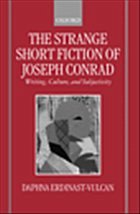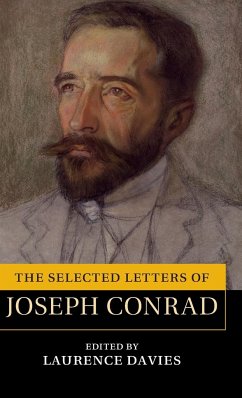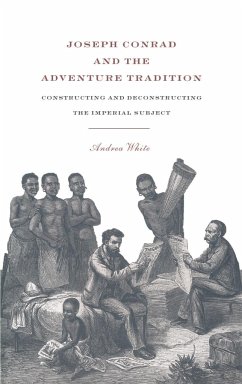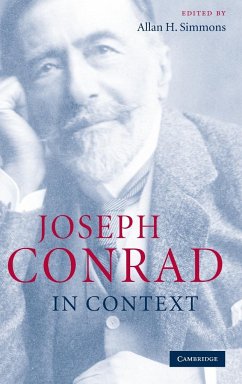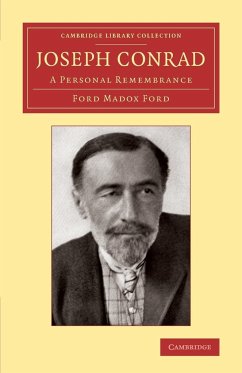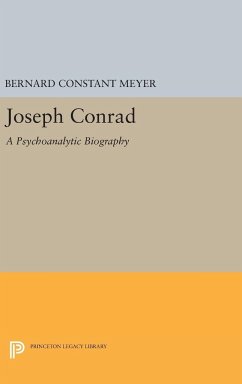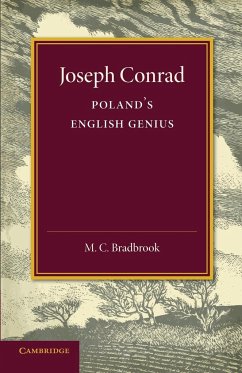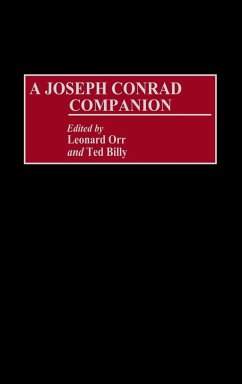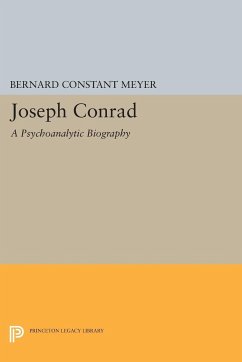
Joseph Conrad and the Anthropological Dilemma
'Bewildered Traveller'
Versandkostenfrei!
Versandfertig in 1-2 Wochen
241,99 €
inkl. MwSt.

PAYBACK Punkte
121 °P sammeln!
Conrad's early fiction originated as a response to his travels in Malaysia, Borneo, and the Congo. As a sensitive observer of other cultures and a notable emigre, he was profoundly aware of the psychological impact of travel, and much of his early fiction portrays both literal and figurative voyages of Europeans into other cultures. This is the first detailed analysis of Conrad's early works in relation to other writings on "primitive" peoples, notably nineteenth-century anthropology, Victorian travel writing, and contemporary anthropological theory.
This is the first detailed analysis of Conrad's early fiction, which as a response to his travels in so-called primitive cultures: Malaysia, Borneo and the Congo. As a sensitive observer of other peoples and a notable emigré, he was profoundly aware of the psychological impact of travel, and much of his early fiction potrays both literal and figurative voyages of Europeans into other cultures. By situating Conard's work in relation to other writings on `primitive' peoples, John Griffith shows how his fiction draws on a prominent anthropological and biological dilemma: he constantly posed the question of how to bridge conceptual and cultural gaps between various peoples. As John Griffith demonstrates, this was a dilemma which coincided with a larger Victorian debate regarding the progression or retrogression of European civilization. Lively and original, Joseph Conard and the Anthropological Dilemma will be essential reading for all scholars and students of Conrad and for all those interested in wider questions regarding the colonial cross-cultural encounter.





